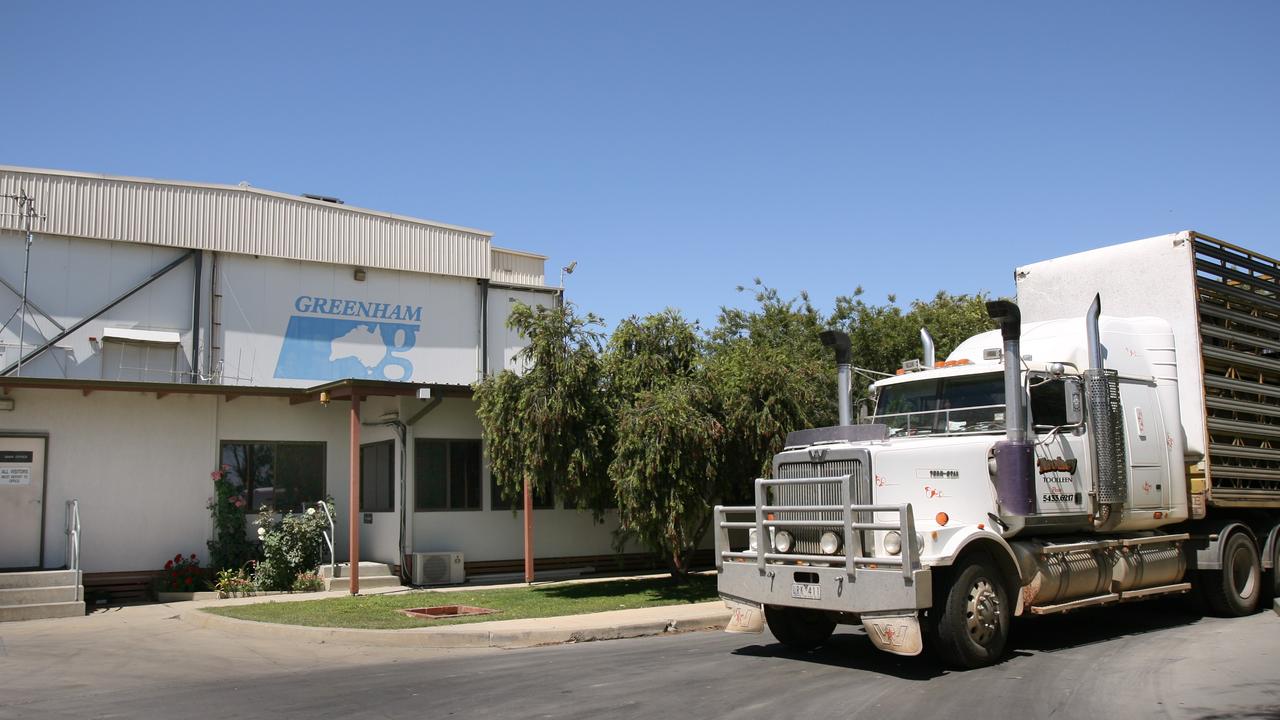All talk no action on deeming food processing essential
Only now, after the Cedar Meats COVID-19 outbreak, is the Andrews Government drafting rigorous new protocols to prevent the spread of the disease in meat works.

POLITICIANS and the red meat industry’s goal of getting processing plants back up and running within hours of a coronavirus outbreak has failed, despite their repeated claims it is an essential service.
Cedar Meats Australia has shut down for at least 14 days in the wake Victoria’s first COVID-19 cases in meat works.
The plant’s workforce of more than 300 has been stood down, undermining repeated claims by governments and industry groups that the flow of food to Australians was an essential service.
In mid-March Australian Meat Industry Council and dairy processors called on state and federal governments to deem their industries essential.
AMIC and the Dairy Food Products Federation called for support in delivering protocols that would ensure processors could get up and going as soon as possible after a worker was diagnosed with coronavirus.
At the time AMIC chief executive Patrick Hutchinson said high hygiene standards and the compartmentalised nature of meat processing works, meant they could be put back on line in a matter of hours, not days, but only with priority access to coronavirus testing and government support.
But, as it stands, Mr Hutchinson said Cedar Meats would not be starting up again for 14 days.
Federal Agriculture Minister David Littleproud has repeatedly stated food processing facilities were essential services that needed to keep operating.
But when asked why Cedar Meats was being shutdown for a fortnight, Mr Littleproud said COVID-19 outbreaks were managed by the affected state, “so questions relating to the management of this outbreak should be directed to the Victorian Government”.
“To protect Australia’s food supply chains I have previously written to all states and territories to adopt the FZANZ COVID-19 protocols with respect to an outbreak in a facility and would expect those protocols be utilised,” he said.
Asked if the Cedar Meats plant had adopted strategies to compartmentalise its workforce to minimise the virus’ spread, Mr Hutchinson said he did not know the specifics, but AMIC could only advise its members.
“What I know in Victoria is 90 per cent of our members have plans in place,” Mr Hutchinson said. “It’s up to each plant.
“Each plant is different (but) compartmentalisation is the goal. We have an individual plant (Cedar Meats) that has worked with the Department (of Health) to maintain social distancing, increase cleaning and temperature test (workers).”
Victorian Agriculture minister Jaclyn Symes dodged questions on whether protocols were in place at Cedar Meats to keep staff at the plant compartmentalised, referring The Weekly Times instead to the Department of Health and Human Services.
EDITORIAL: FOOD CHAIN RESPONSE SLOW
DHHS did not respond on the issue of protocols, simply stating “the facility has been advised to close for at least 14 days for infection control, which will continue to be reviewed based on health information”.
The Weekly Times understands that only now, after the Cedar Meats outbreak, is the Andrews Government working on rigorous new protocols for meat works.
MORE
CALL TO DEEM FOOD PROCESSING AN ESSENTIAL SERVICE


